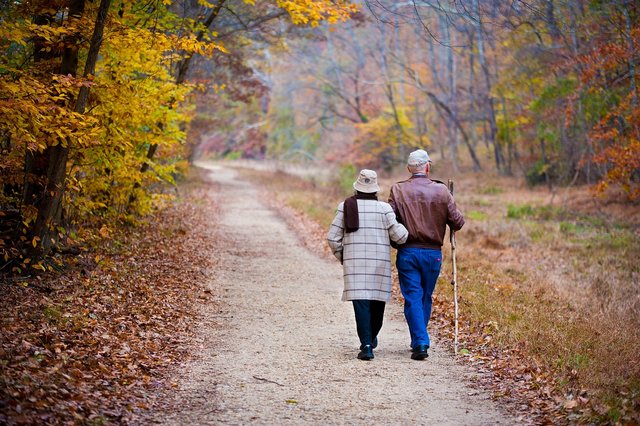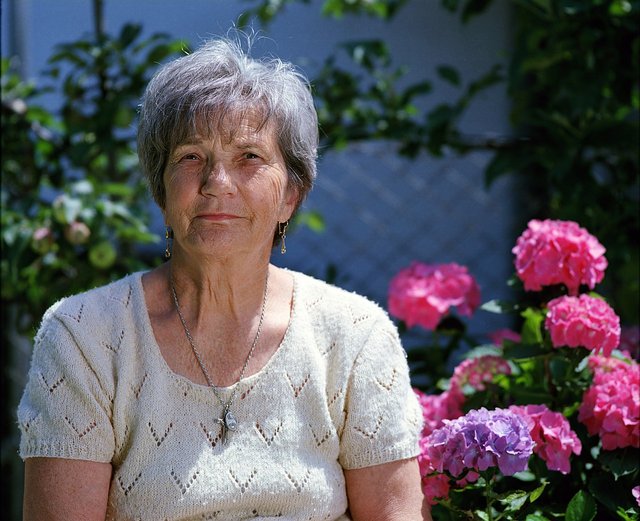The sad fact is that most people know somewhere in the back of their mind that loneliness in old age is fairly common, even if it never gets talked about much — almost always behind a smile or surface-level small talk. Friends may die, a life partner may go, known family roles or support structures change, and physical limitations hinder participation in societal activities leaving one feeling alone. However, this loneliness is not merely a feeling that one has had when friendships or affection begin to wane.
So many seniors experience the loss of connections that had previously made life meaningful. Transitions in parental roles When children have grown up, settled down with their own families as well as taking up most of the time gone on routines, parents who were formerly the centre of family attention may feel more neglected. This is a problem time for certain seniors who start conflicted about the reason and/or meaning of life. However, thanks to both statistical data and the evidence of practical life, it is also statistically one of the most important causes of loneliness — losing a spouse. When someone very close has died and become lost a place to celebrate joy and share sorrow enter into profound bereavement.
What may come to a surprise but is not something that is new for people who have experienced this in their lives, feeling lonely in old age doesn t just affect mental health but it affects the physical health too. Longterm solitude, according to research, can exacerbate degenerative ailments like hypertension and depression and result in dementia. Loneliness triggers the stress response and the immune system can become exhausted if the feelings endure for a long time.
Nevertheless, there are lots of methods that help alleviate the feeling of loneliness in old age. One of them is strengthening the family bonds with the children or with the grandchildren. Making a call or making a visit can make such people feel that they are still valued and loved. They are however not limited to these, as joining in social events or moving into senior communities may also assist in broadening their social circles. Senior citizens homes provide space for seniors to engage with others of their age with an understanding of their experiences and difficulties.
Using technology can also be a remedy as some elderly people may find it hard to actively take part in activities away from home. Using a smart device, older generations are not only able to keep in touch with family members or close friends, but they can also engage in new activities such as reading, watching movies, or having an online blog where they could invite their audience.
What must be understood however, is that the greatest way to avoid isolation in later life is to never give up hope and always work on strengthening relations. All elderly people in such cases should have close family, friends and communities around them who can engage in such relationships meaningfully and transform their existence again. If people have such feelings creeping in, it is the most serene task to work towards eradicating them.


